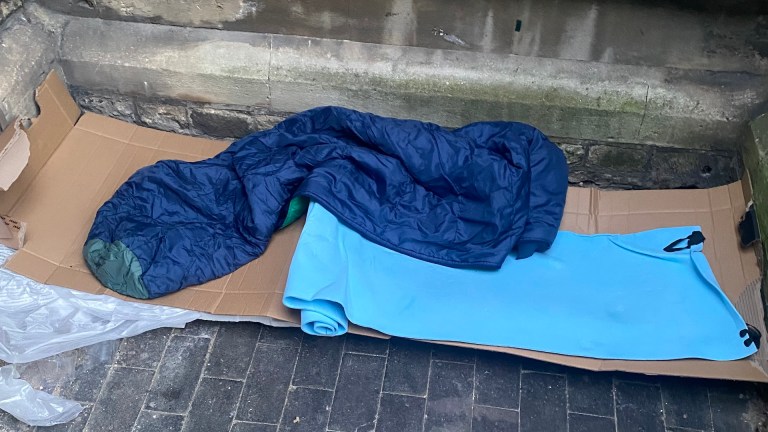Sure Start centres cut health inequalities and prevented thousands of children from being hospitalised, according to new research, before the government reduced spending on the scheme by more than two thirds.
The centres, launched in 1999, provided a one-stop shop for health, care and work support for families with children younger than five. Institute for Fiscal Studies (IFS) research showed the lasting impact Sure Start intervention had on children’s health, recording a particular boost to the long-term wellbeing of boys and disadvantaged children long after they aged out of eligibility.
The support “dramatically improved children’s health even through their teenage years”, said Maud Pecher, a co-author of the report. “Children who had greater access to Sure Start in their early years were far less likely to be hospitalised later on.”
Ministers spent £1.8bn on the scheme at its peak, in 2010 – a third of the budget for early years support – but have since cut the funding by more than two thirds with many centres closed or reintegrated into other services. More than 500 centres closed in England between 2010 and 2019.
Sign The Big Issue’s petition to #StopMassHomelessness
Children who benefited from Sure Start centres were far less likely to be hospitalised later in childhood, researchers found, with the support preventing the hospitalisation of more than 13,150 11-to-15 year olds each year in the noughties.
The impact represented an eight per cent reduction in hospitalisations, while the impact was felt more acutely in disadvantaged neighbourhoods. Attending Sure Start centres strengthened children’s immune systems and protected them from infections later in life, reduced the likelihood of them finding themselves in risky environments and improved mental health and behaviour during adolescence, according to the report.










